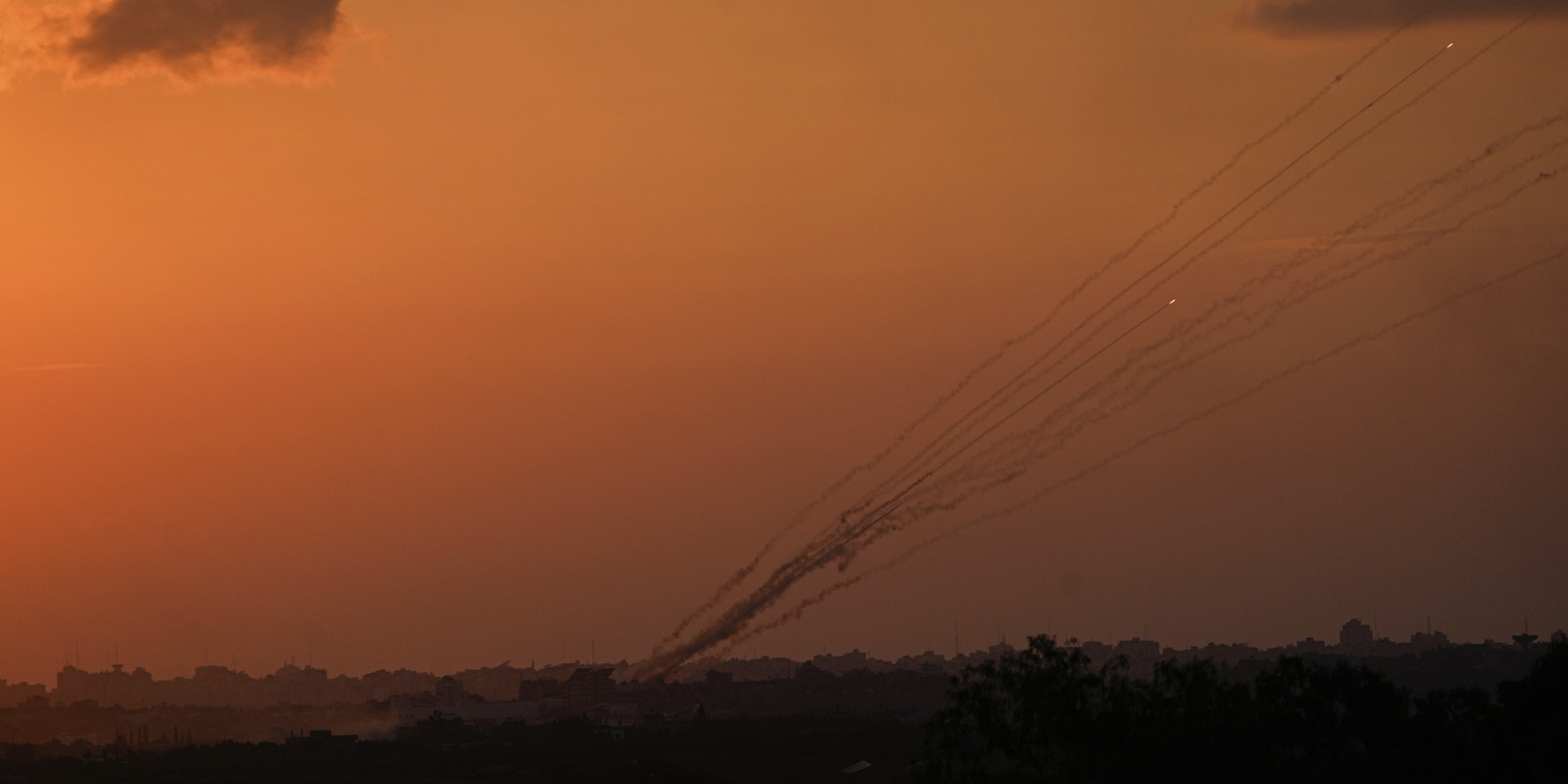TORONTO — An explosion at Al Ahli Baptist Hospital in Gaza City on Tuesday that killed hundreds immediately led to a polarized debate—including on Twitter—about whether Israel and Hamas was responsible. These real-time developments were exacerbated by a combination of propaganda, incomplete information, and political bias.
Several high-profile figures, including Canada’s foreign minister, Mélanie Joly, and federal NDP leader, Jagmeet Singh, issued statements that appeared to blame the blast on Israel. Within 24 hours, however, U.S. intelligence and other sources concluded that it was caused by a misfired rocket from Palestinian terrorists.
The whole episode reflects the inherent risks of social media’s incentives for instantaneous comment—particularly on a contentious issue obscured by the “fog of war.” Here are five tweets that highlight the problem.
Notwithstanding the evidence that Israel was not responsible for the explosion, as of 9:30PM on Wednesday (October 18), Foreign Affairs Minister Mélanie Joly’s initial tweet remained posted at her account. This has led to growing questions about why she hasn’t yet retracted (or at least clarified) her statement when others, including leading progressives such as U.S. Congresswoman Ilhan Omar, have done so.
NDP leader Jagmeet Singh has similarly kept up his tweet that essentially accuses Israel of contravening international law for the explosion. He specifically cites a hospital source that claims it took “a direct hit from an Israeli missile.” It’s notable that Singh’s source has subsequently acknowledged that there are “disagreements about which side was responsible for the bombing” even if he has not.
Adrienne Jackson, White House National Security Council spokesperson, issued a statement on Wednesday (October 18) morning that confirmed the U.S. intelligence assessment is that “Israel is not responsible for explosion at the hospital in Gaza.” President Joe Biden put it more bluntly in his meeting with Israeli Prime Minister Benjamin Netanyahu. He said: “Based on what I’ve seen, it appears as though it was done by the other team, not you.”
David Frum observed that, as a general rule, members of the media, politicians, and the rest of us ought to have a high evidentiary threshold for any claims from Hamas, which has been a listed terrorist organization in Canada for more than two decades.
Globe and Mail columnist Andrew Coyne noted that the different reactions to the initial reports of the hospital bombing reveal something about the people involved including presumably the risk of bias, political calculus, and other factors that may influence someone to rush to conclusion in the event of such a story.
If you enjoy Hub Podcasts (including bi-weekly episodes with David Frum and Amanda Lang), be sure to check out more insightful commentary on The Hub’s YouTube page:
Recommended for You

Laura David: Red pill, blue pill: Google has made its opening salvo in the AI-news war. What’s Canadian media’s next move?

The Notebook by Theo Argitis: Mark Carney’s first major tests

The Weekly Wrap: Trudeau left Canada in terrible fiscal shape—and now Carney’s on clean-up duty

Ben Woodfinden: Lament for an ‘elbows up’ nation



